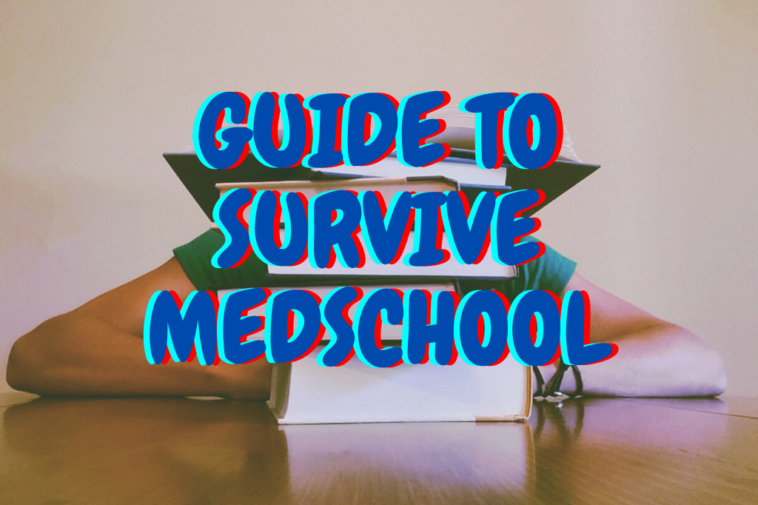By definition, medical school is stressful. You can also see it as the place that brings you the closest to your goal. Rather motivating said like that, right? Let’s end the chatter and get to the heart of the matter.
Attend your lectures
I know it is tempting to stay home and not go to amphitheaters, telling yourself that you will study instead. But if I may say so: what a mistake! You are literally shooting yourself in the foot!
The current presence is important from a relational perspective, but not only will you be able to ask questions and understand better the difficult points of your lectures, but you could also take notes, which is still essential, no matter how (typed, by hand, or using a tablet). What matters is whether it works for you.
You should be aware that auditory memory starts by listening carefully to your teacher’s speech. It’s called: studying effortlessly. The whole point is to consolidate your knowledge afterward.
In the same vein, you can also, of course, after obtaining your teacher’s consent, record your lessons, and listen to them later.
Anticipate
In medicine, the amount of work you have to put in is significant. This is what makes these studies so difficult. You certainly can’t show up before an exam and tell yourself that you can learn it all in one or two nights in a row. Here, by anticipating, I mean: reviewing, making summaries, and flashcards throughout the semester.
Some think that summaries are unnecessary, but let me tell you why it is effective: it concentrates everything you need to know, ultimately on one page. If you follow a color code, you can even put into practice your visual memory. You should know that the more structured you’re summary is, the more likely you’ll be able to memorize the information it contains.
Don’t learn by heart
The goal here is not to learn your lessons like poetry. It’s paradoxical, I know. But if you understand this, you will take a new turn in your studies and information retention. Understanding what you are trying to learn by heart, even if it is a definition or a fact, will allow you to retain the information in a longer period of time.
Find the right place
Whether it’s the library or your home office, you need to find a place conducive to concentration. Please stay away from any distractions. I mean social networks, messages, series, which are likely to distract you and make you waste precious time knowing that about 20 minutes are necessary to concentrate and thus immerse yourself again fully.
Be part of a study group
You will tell me this advice is not appropriate for everyone. Let me tell you something, in fact it is. It will depend on your and your colleague’s personalities.
There are several methods to be effective in this context:
– You can share the lessons so that everyone can make flashcards or summaries on their own and then exchange them.
– You can then explain the courses that you learned on your side to your colleagues. It is beneficial for you and them. On the one hand, you will be able to put your knowledge into practice. On the other hand, it is often easier to understand a course explained by a colleague using simple and understandable terms.
Remember, the more you put into practice your knowledge, the more your brain is likely to memorize information in the long run.
Be organized
The organization is the key. Make schedules that you can be readjusted afterward. This will already allow you to lower your anxiety and stress levels or to break the illusion that you still have enough time to procrastinate. You will know where you are, what you have to do.


